









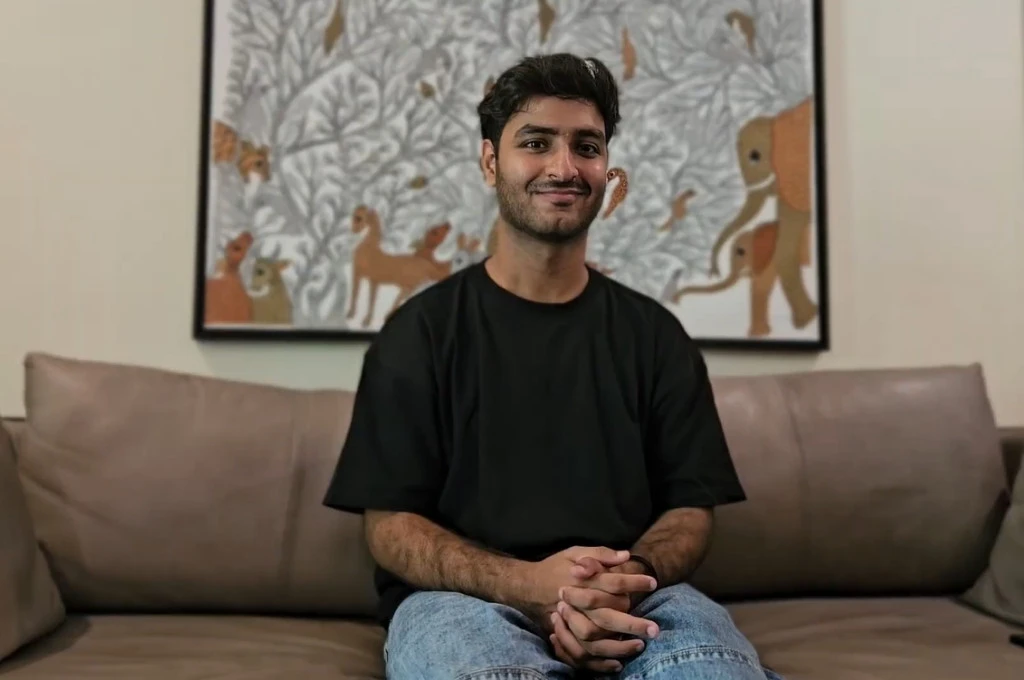

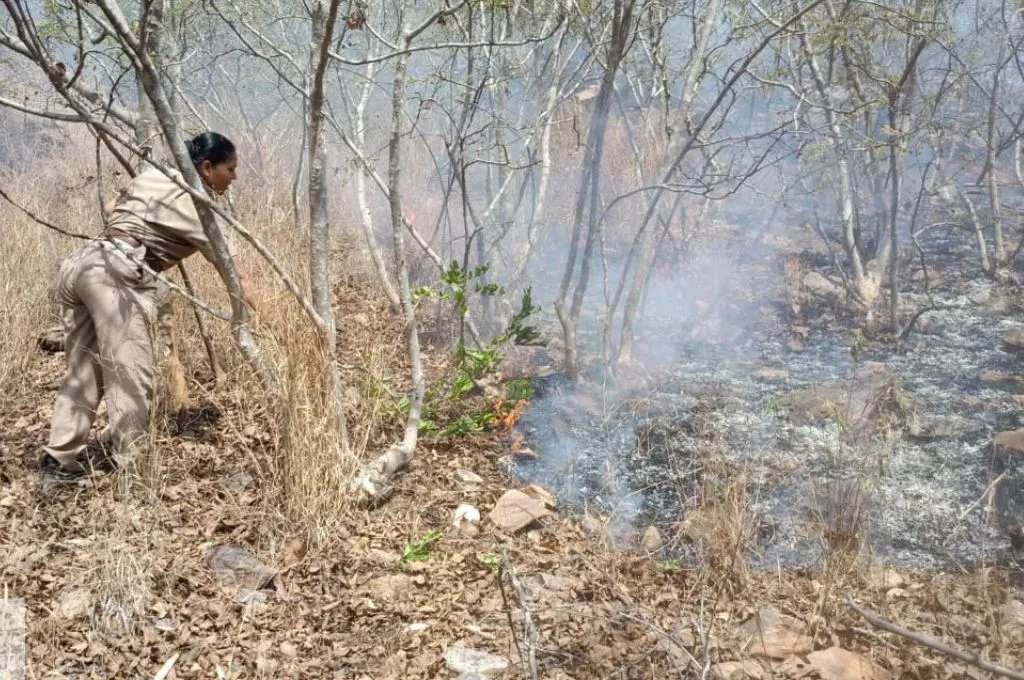

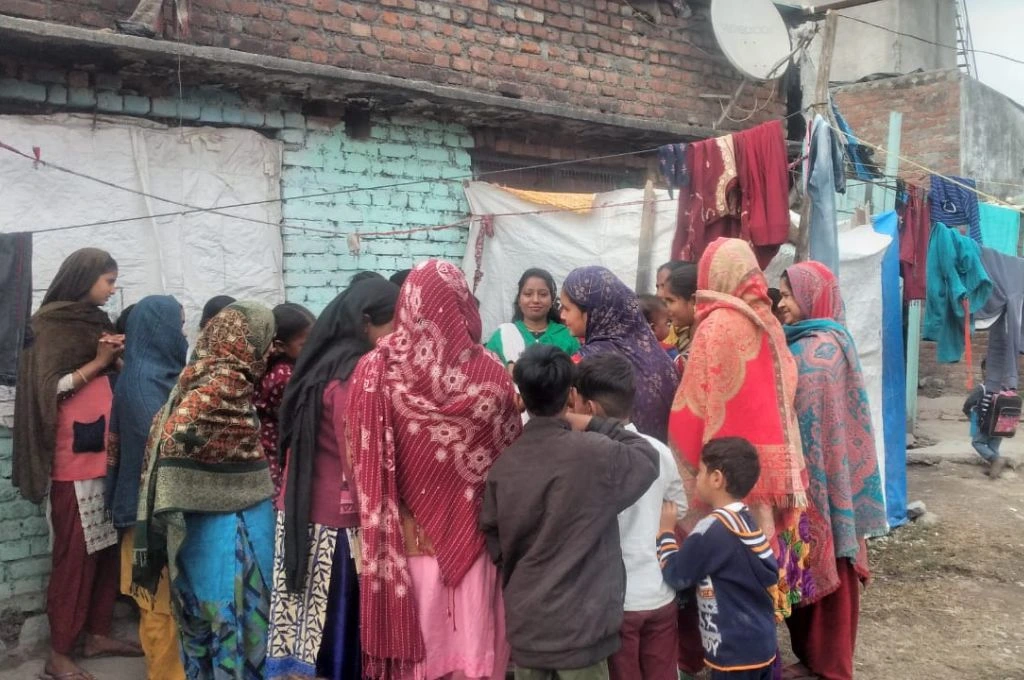

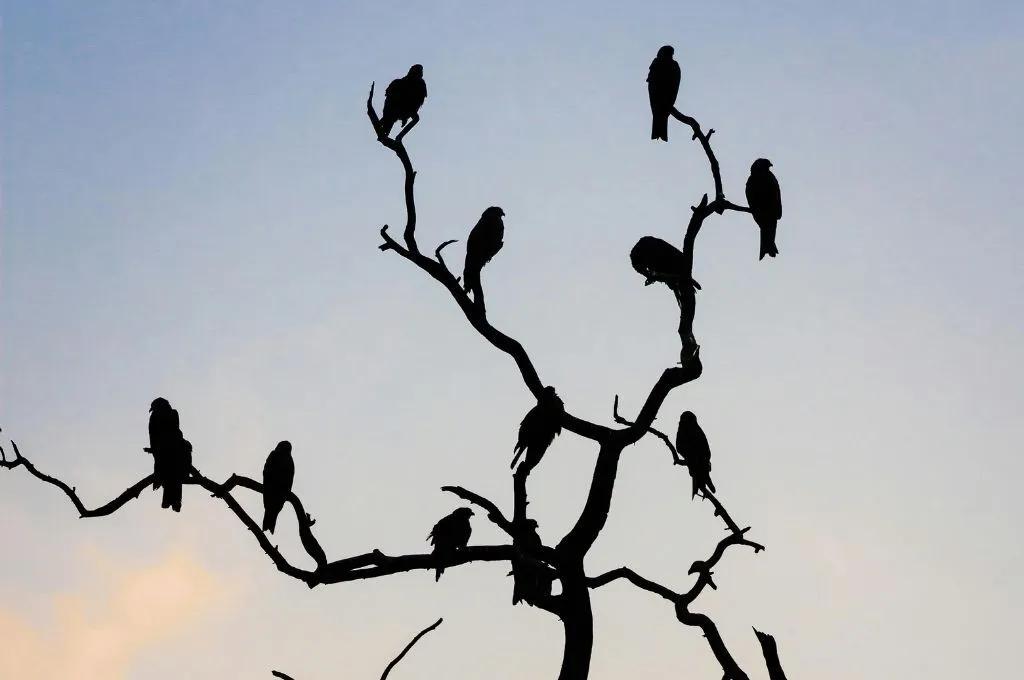

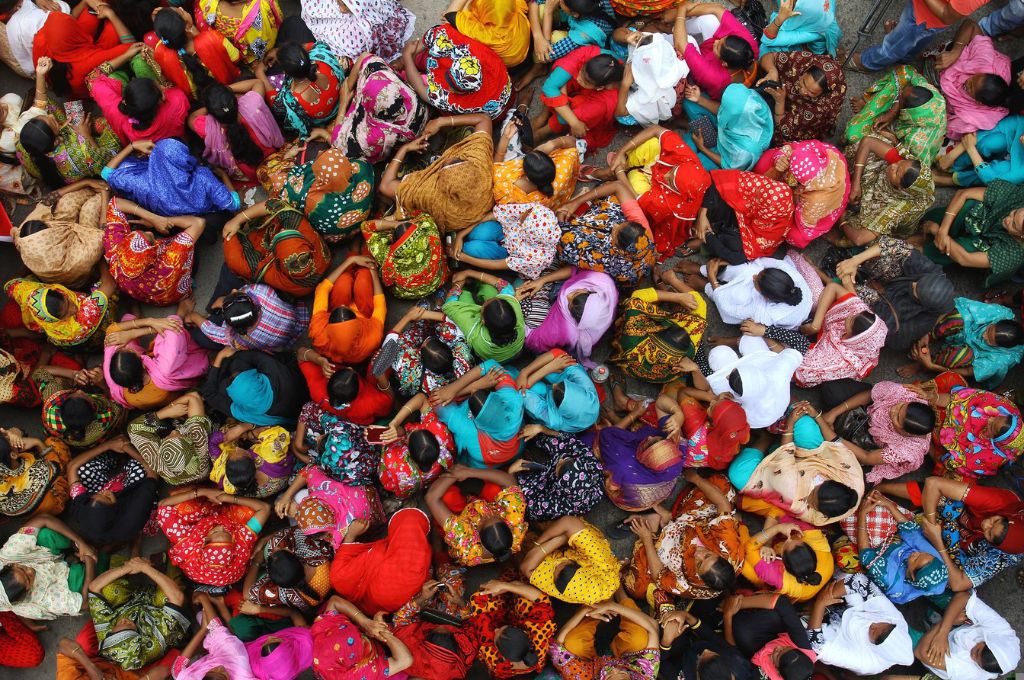

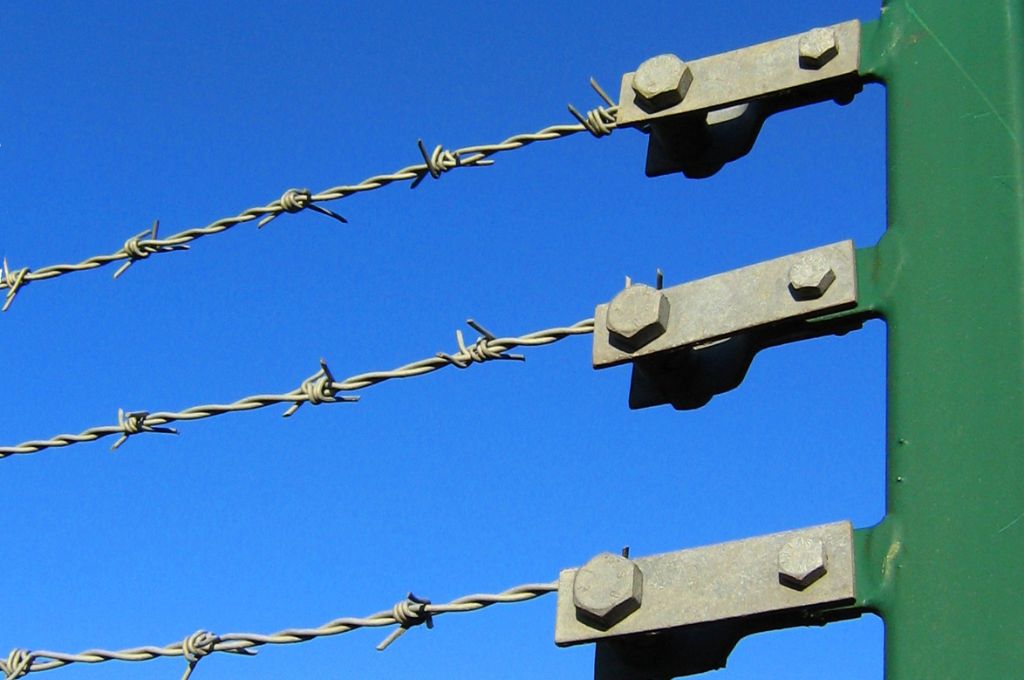

When you support IDR, you help us remain editorially and financially independent, and importantly, sustainable. Being a part of our community is not just a monetary exercise; it signals your commitment to the social sector, to information you can trust, and to creating impact. If you wish to support us with a donation please click on the donate now button below.
Members of our community have given us pro bono support, spread the word about us within their circles, and also fundraised on behalf of IDR. If you have other ideas about how you can help us do what we do, better, please reach out to us. We’d love to hear them.